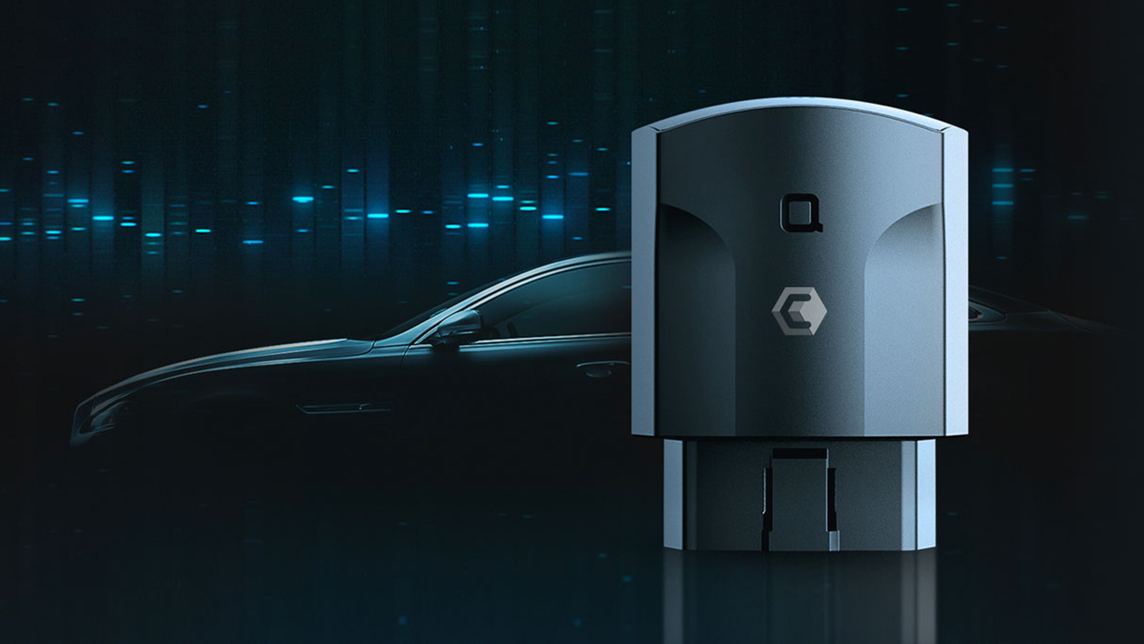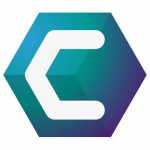At present, as much as 25,000 TB of car data is collected daily, but only 2.5% of that data can be monetized legally due to privacy protection laws. This data represents an enormous treasure trove waiting to be uncovered. According to McKinsey & Company, the car data market could be worth US$750 billion by 2030.
Founded in 2017, startup CarBlock wants to help unlock the protected data. CarBlock has already begun to sell mining machines that can be used as smart devices in cars and to issue cryptocurrency, a step towards its goal to facilitate data circulation in the connected car and transportation industry.
Despite the fact that the company currently has no clear revenue model, the popularity of blockchain and the huge market potential of car data have helped CarBlock attract attention from investors.
In April 2017, CarBlock raised several million US dollars in seed financing from Shen Bo and Gong Ming, two of the earliest entrepreneurs and investors in China’s blockchain industry. CarBlock also received strategic investments from three institutions specializing in blockchain.,,
Connected car equipment plus blockchain equals data circulation
Alex Lee, who started CarBlock, is also the founder and CEO of nonda, a startup that produces some of the best-selling connected car products in the US. While running nonda, Lee recognized the huge commercial potential of data exchange within the connected car industry. Using blockchain technology, which allows personal information to be stored in a decentralized system that no one can access without consent of the subject, means that car data can be used without compromising the privacy of drivers.
Car data is encrypted and all attempts to access data can be traced, which makes it possible for CarBlock to collect and share vehicle data in a transparent and secure way. To facilitate data exchange, nonda’s smart car equipment can be turned into mining machines for CarBlock’s CAR tokens.
As a reward for sharing data, car owners earn CAR tokens and receive reduced pricing for products and services such as car insurance and repairs from automotive and transportation companies. In turn, these companies pay with CAR tokens for data, which they can use to create better products and services for customers.
Customer enthusiasm for CarBlock was made evident by the success of its first crowd-sale of the CarBlock Genesis Block Mining Machine, a smart car charger capable of collecting car data and mining tokens. On May 14, 2018, the company sold all 200 of its available mining machines, each priced at 5 ETH (around US$2,655), within eight minutes.
Car drivers, incentivized by the CAR token economic model, will willingly share more of their data. As a result, there's a good chance more than just 2.5% of collected car data could be made available for use by automotive businesses.
A vision for a car data marketplace
Although CarBlock has created a promising data exchange model for the transportation industry, doubts and questions still have been raised. The huge potential of blockchain technology exists only in theory and has yet to be proven on the automotive market.
According to the Initial Coin Offerings (ICO) tracking website Tokendata, 46% of the 902 ICO projects launched in 2017 failed for multiple reasons, e.g., technological bottlenecks.
Due to the complexity of blockchain R&D, Blockchain Woman, a content provider in China, doubted the feasibility of the CarBlock project: “In terms of the unification of technical standards and interfaces for different businesses, is it possible for the connected car industry to support CarBlock currently or in the near future?”
To quell the expressed doubts, Lee has explained that CarBlock plans to build an online marketplace for data transaction, and blockchain is only a tool in its efforts to achieve this goal: “We may resort to other technical solutions if necessary to guarantee the implementation of the project.”
Lee’s argument is that, rather than focusing primarily on the technology, the key to creating a successful data transaction marketplace is sufficient supply and demand.
So far CarBlock has several partners from both the demand and supply sides. Its partnership with nonda brings in over 400,000 active data contributors to the project. Additionally, US navigation company Telenav has agreed to be a data provider. On the demand side, CarBlock has partnered with YourMechanic, the largest online marketplace for car repair services in the US.
In May, CarBlock joined Mobility Open Blockchain Initiative (MOBI), the largest alliance for promoting the adoption and standardization of blockchain technology in the car industry. MOBI connects major automakers such as BMW, Ford, GM and Renault with blockchain innovators like CarBlock to collaborate on the development of blockchain-based applications.,
As a member of the alliance, CarBlock will reach more potential data providers, bringing it one step closer to achieving its objective – transforming the automotive industry.













